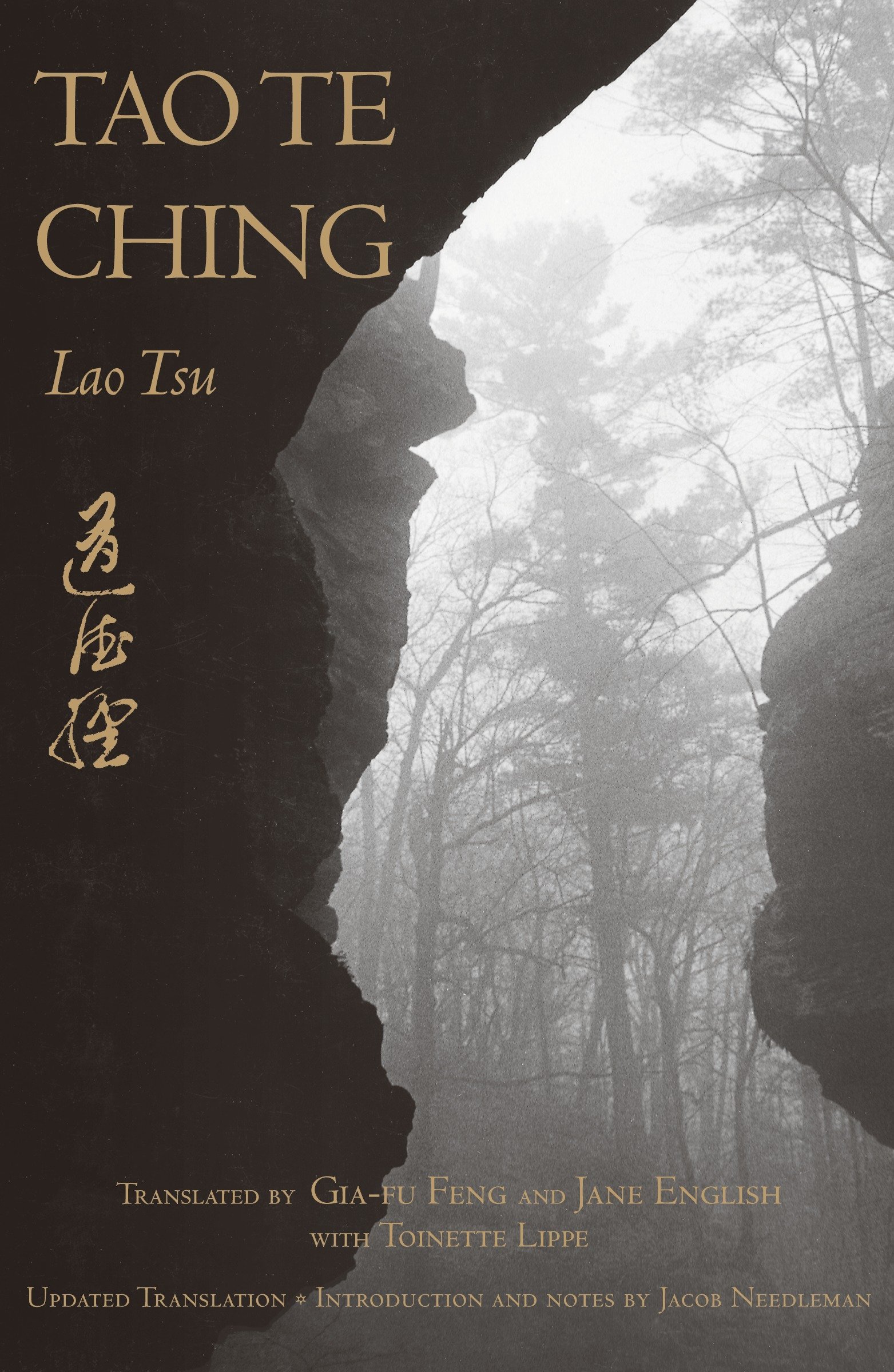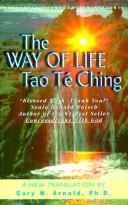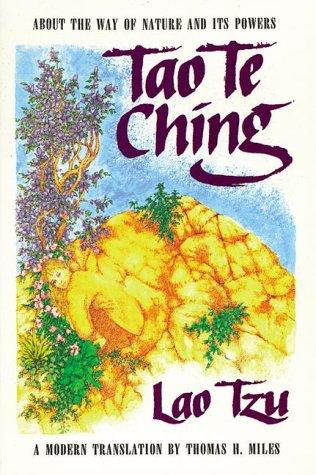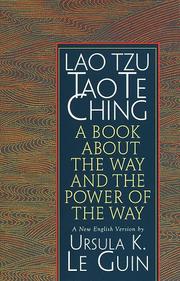Laozi (Chinese: 老子, Mandarin: [làu.tsɹ̩]; commonly translated as "Old Master"), also rendered as Lao Tzu , or Lao-Tze , proper name Li Er, courtesy name Boyang, was an ancient Chinese philosopher and writer. He is the reputed author of the Tao Te Ching, the founder of philosophical Taoism, and a deity in religious Taoism and traditional Chinese religions. A semi-legendary figure, Laozi is usually portrayed as a 6th-century BCE contemporary of Confucius in the Spring and Autumn period. Some modern historians consider him to have lived during the Warring States period of the 4th century BCE. A central figure in Chinese culture, Laozi is claimed by both the emperors of the Tang dynasty and modern people of the Li surname as a founder of their lineage. Laozi's work has been embraced by various anti-authoritarian movements, and has had a profound impact on subsequent Chinese philosophers, who have both commended and criticized his work extensively.
Laozi
Author details
- Born:
- Nov. 8, 0579
- Died:
- Nov. 8, 0499
External links
Laozi (Chinese: 老子, Mandarin: [làu.tsɹ̩]; commonly translated as "Old Master"), also rendered as Lao Tzu , or Lao-Tze , proper name Li Er, courtesy name Boyang, was an ancient Chinese philosopher and writer. He is the reputed author of the Tao Te Ching, the founder of philosophical Taoism, and a deity in religious Taoism and traditional Chinese religions. A semi-legendary figure, Laozi is usually portrayed as a 6th-century BCE contemporary of Confucius in the Spring and Autumn period. Some modern historians consider him to have lived during the Warring States period of the 4th century BCE. A central figure in Chinese culture, Laozi is claimed by both the emperors of the Tang dynasty and modern people of the Li surname as a founder of their lineage. Laozi's work has been embraced by various anti-authoritarian movements, and has had a profound impact on subsequent Chinese philosophers, who have both commended and criticized his work extensively.



